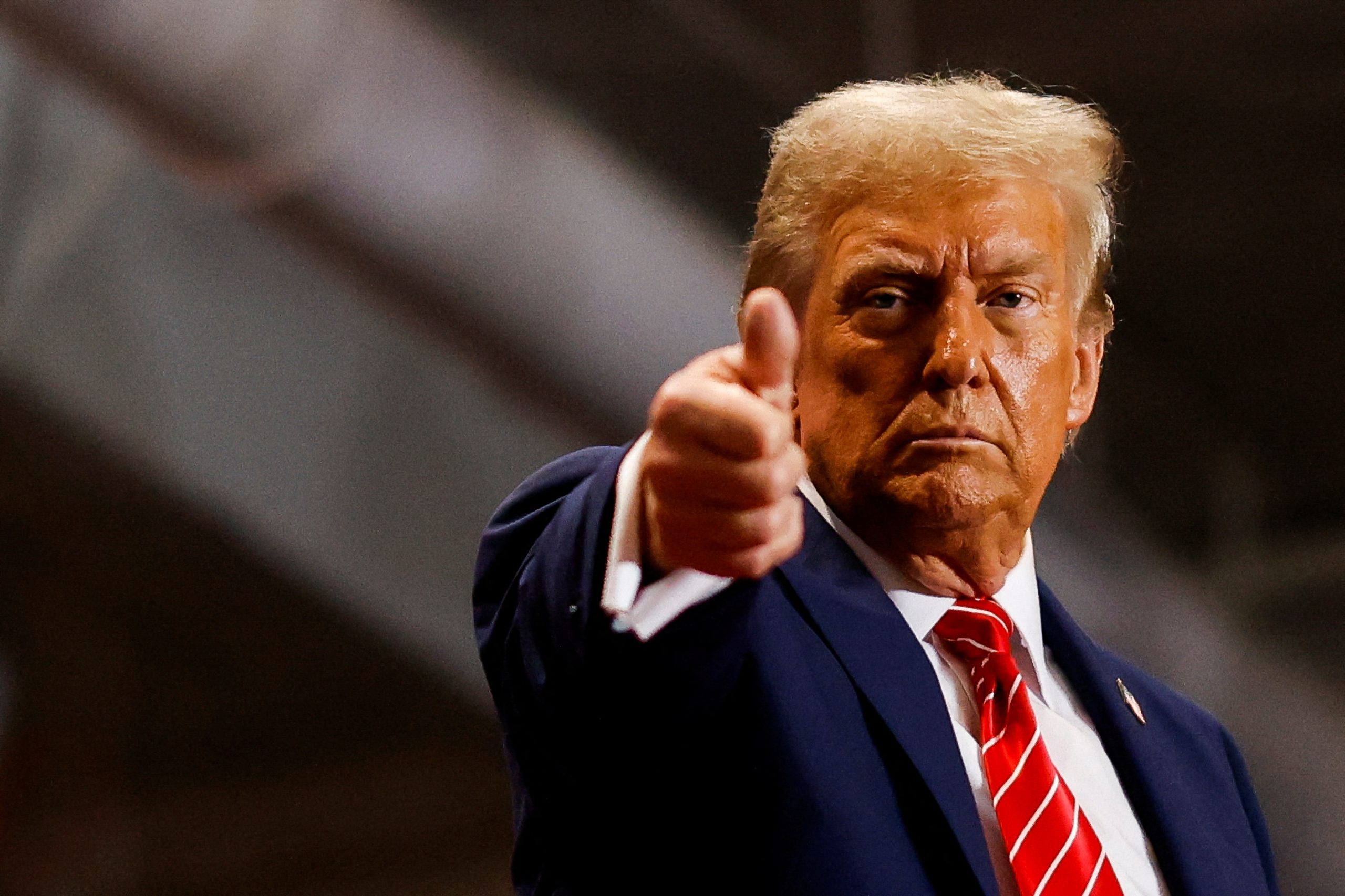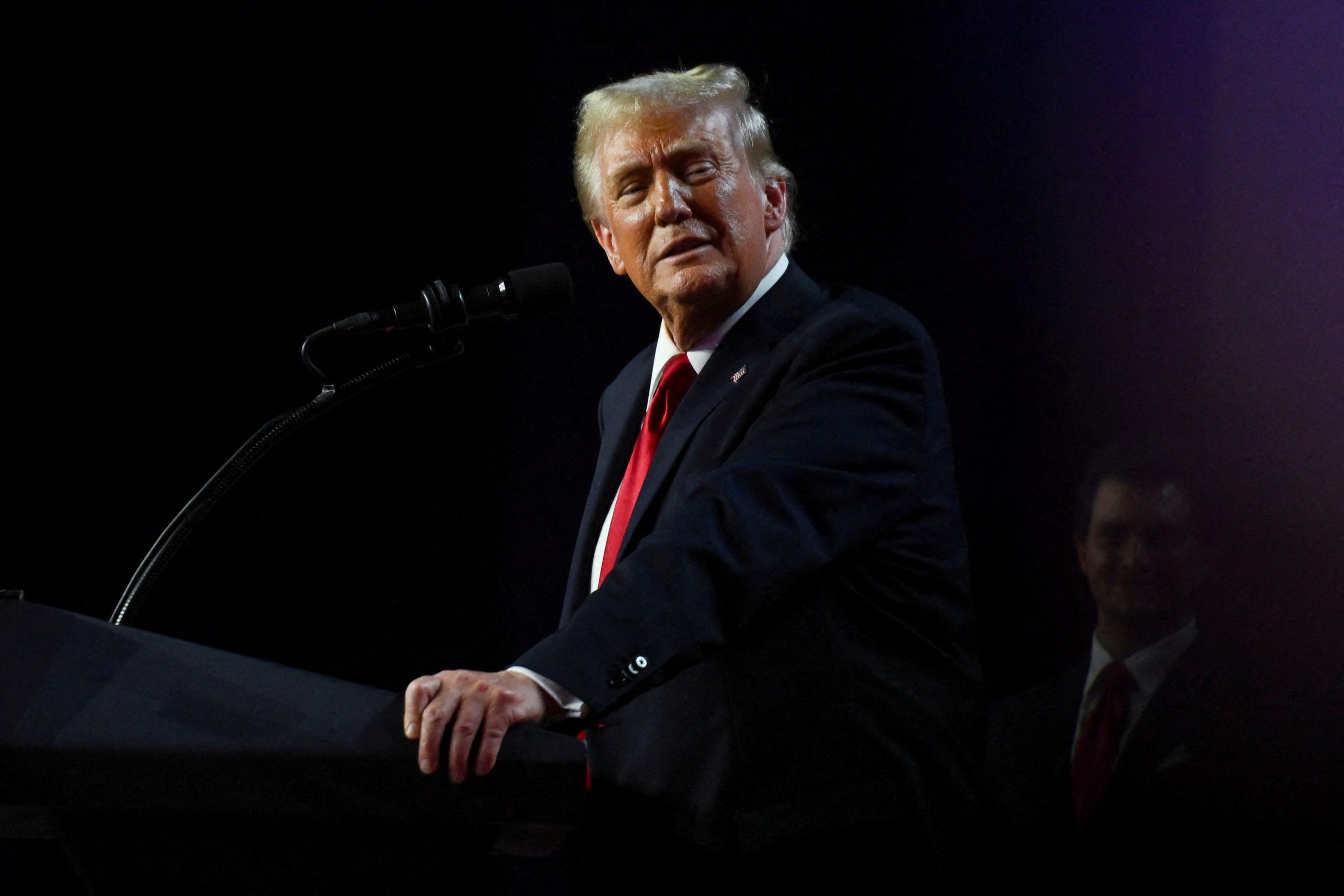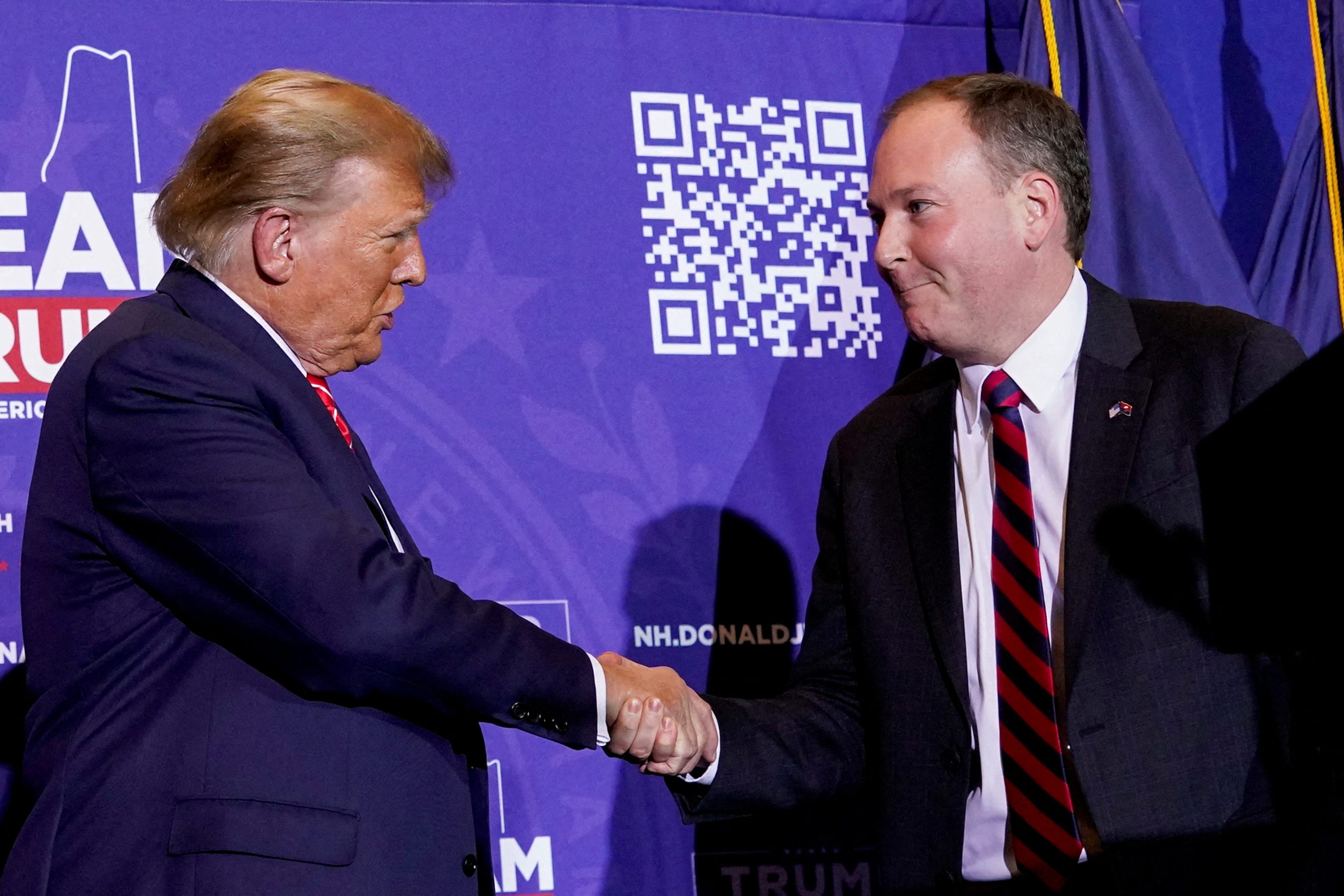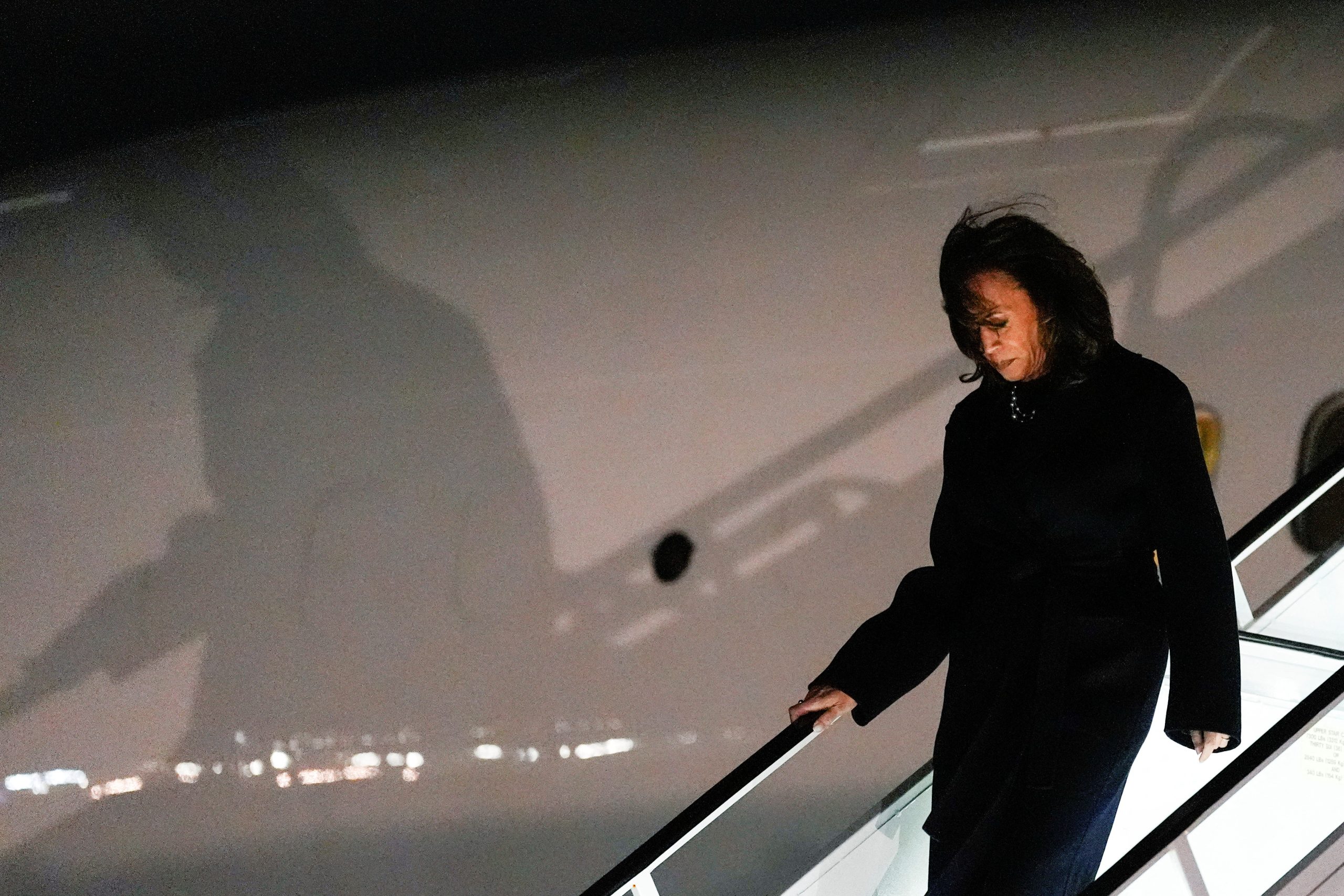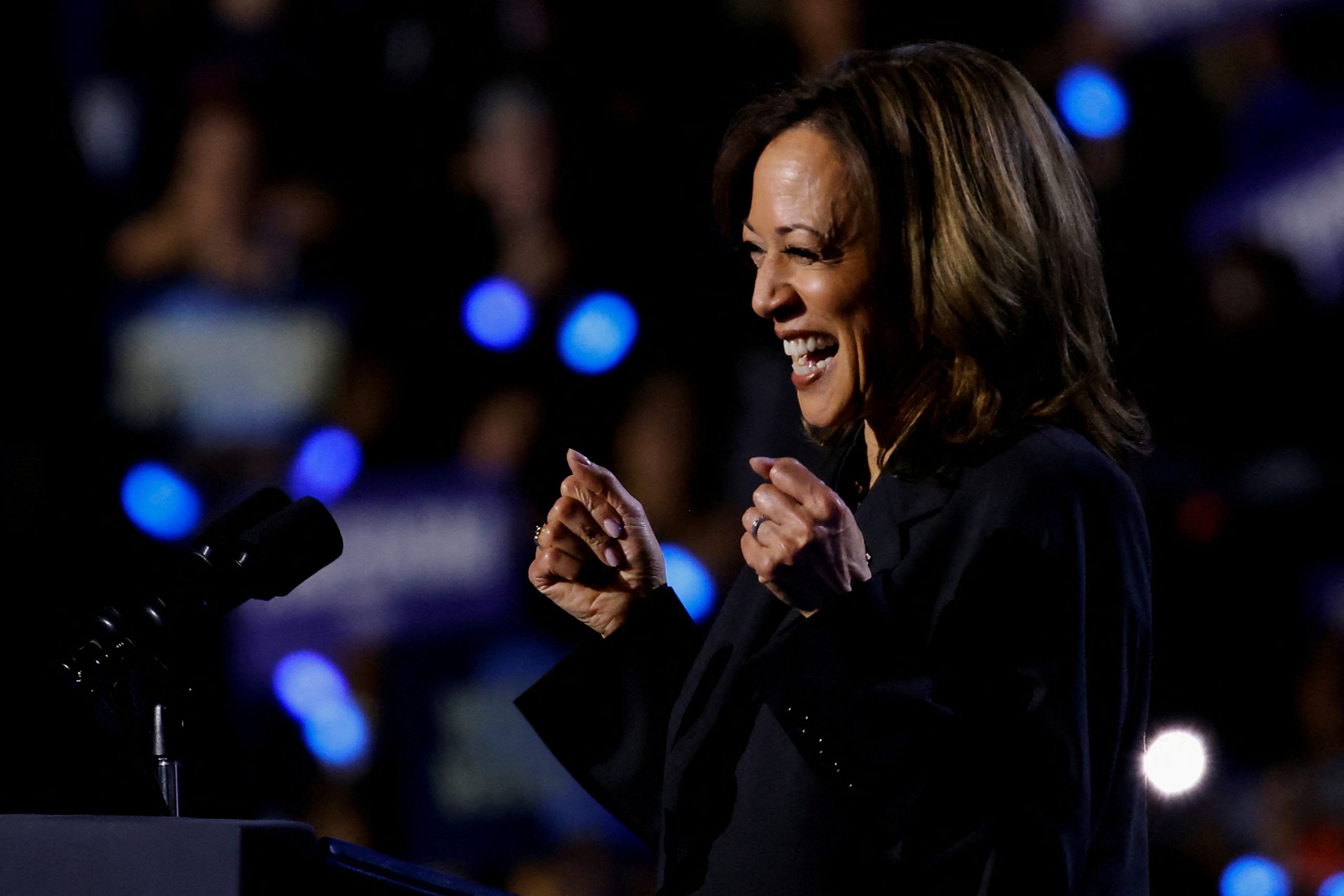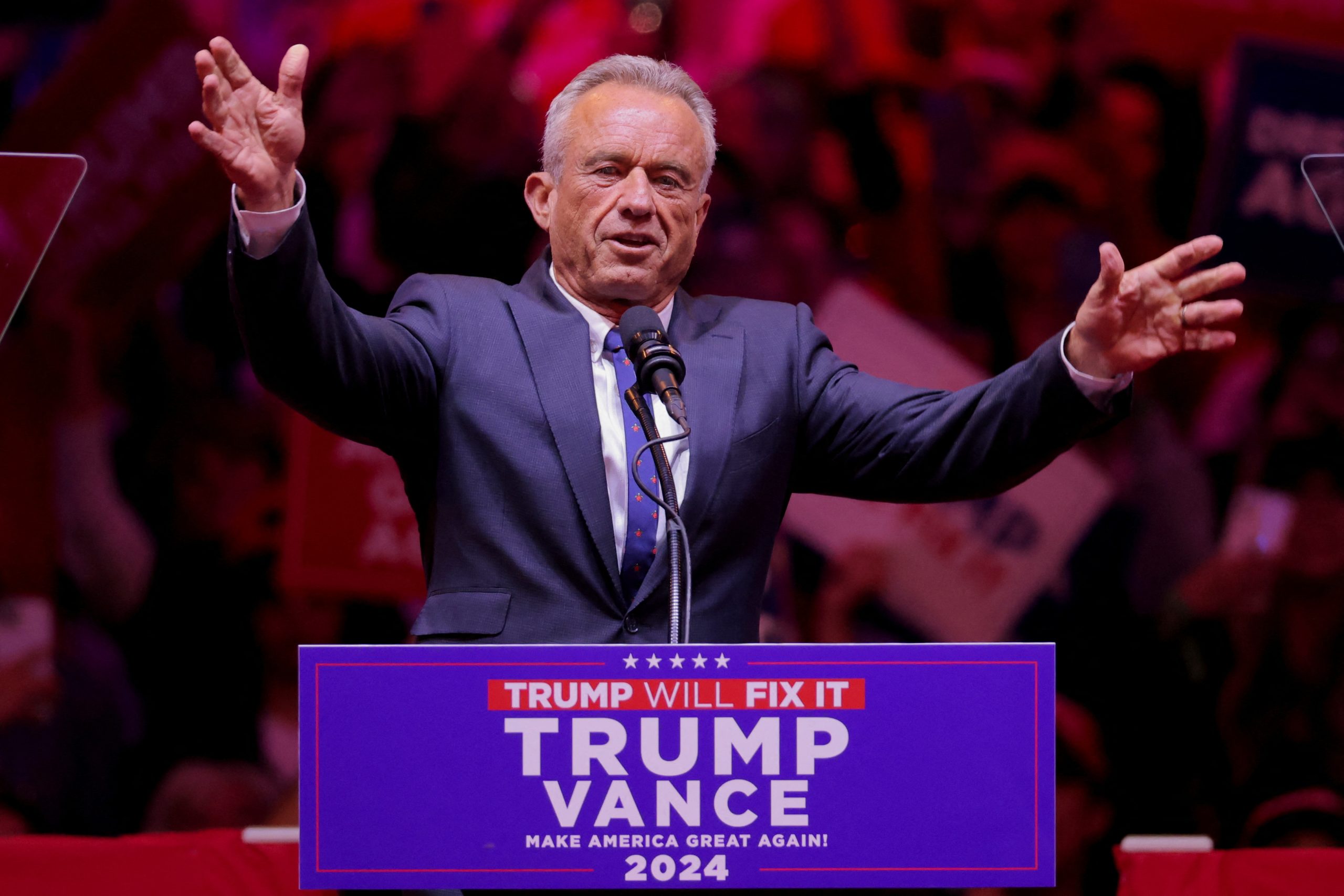As Donald Trump and Kamala Harris remain neck and neck in the 2024 U.S. presidential race, China has made a stark suggestion: if Trump wins, Taiwan might be left out in the cold under his “America First” approach. The former president’s comments about Taiwan needing to “pay” for U.S. protection and accusations that the island is “stealing” U.S. semiconductor business have left Taiwanese officials and the Chinese government on high alert.
Zhu Fenglian, a spokesperson for China’s Taiwan Affairs Office, hinted at Trump’s influence, stating that “Taiwan at any time may turn from a pawn to a discarded child.” While Zhu refrained from using Trump’s name directly, her remarks underscored growing concerns in Taipei that a return to Trump’s leadership could alter America’s stance on Taiwan dramatically. “Most of our Taiwan compatriots have already made a rational judgment and know very clearly that what the United States pursues is always America first,” Zhu said, referencing Trump’s signature phrase.
This shift could have profound consequences, as the U.S. is legally obligated under the Taiwan Relations Act to provide Taiwan with defensive capabilities, even in the absence of formal diplomatic ties. Taiwan’s Economy Minister Kuo Jyh-huei avoided commenting directly on Trump’s latest remarks, simply wishing “a successful democratic election” for the U.S.
In recent years, Taiwan has received extensive U.S. support in arms sales, a trend initiated under Trump’s administration and extended under President Biden. Trump’s stance, however, has raised alarms, especially as he recently repeated on “The Joe Rogan Experience” podcast that Taiwan “must pay for protection” and that he sees the island as a competitor in the chip industry.
As tensions simmer in East Asia, Taiwan’s government continues to reject Beijing’s claims of sovereignty, asserting that only its people can determine its future. With U.S. commitments to Taiwan under the microscope, the island is bracing for what could be a drastically altered U.S. policy if Trump clinches a second term.
Sources for this article include: Reuters.

